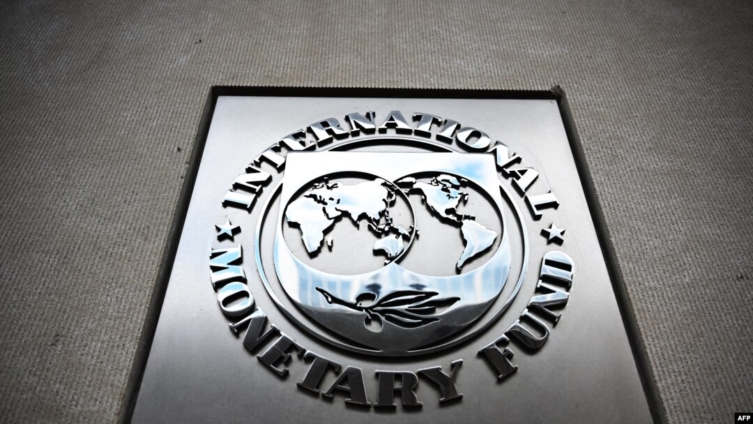The International Monetary Fund has revealed in its Third Review of the Economic Credit Facility programme that the energy sector is a major source of fiscal risk in Ghana,
According to the Fund, the sector had an estimated stock of arrears (“legacy debt”) of US$2.1 billion or 2.8% of Gross Domestic Product (GDP) at the end of December 2023.
This included the debt perimeter of the Debt Sustainability Analysis for Independent Power Producers and private fuel suppliers.
In addition to the outstanding arrears, the Fund said every year the sector is unable to generate enough resources to cover the cost of generating and distributing energy, thus incurring a deficit (“the energy sector shortfall”).
“This situation has originated from a confluence of factors—including weak governance, significant system and revenue collection losses, high fixed costs, and tariffs significantly below cost recover”.
Since its inception, the Fund-supported programme focused on reforming the energy sector to put it on a financially-viable footing. Specifically, the programme envisages the steadfast implementation of a comprehensive strategy to curb arrears’ accumulation and clear legacy debt under Ghana’s Energy Sector Recovery Programme (ESRP), as well as periodic tariff reviews by the Public Utilities Regulatory Commission to ensure that tariff pricing decisions timely reflect developments in the cost of energy (cedi exchange rate, inflation, fuel and power generation costs).
The ESRP aims at preventing further accumulation of arrears through government payments (included in staff’s baseline); ensuring timely payment of Ministries Departments and Agencies bills and renegotiating power purchase agreements with IPPs to reduce capacity charge; increasing gas consumption to close the supply gap; v) adopting a least-cost fuel procurement strategy and improving payment mechanism via establishing national gas clearing house and imposing the use of a cash waterfall mechanism (CWM).
In addition, the Fund-supported programme has been designed to create the necessary budget appropriations to cover the energy sector shortfall—and hence in principle avoid accumulation of new arrears—and to create space for gradual repayment of legacy arrears by the government.
Energy sector shortfall to exceed programme levels
Despite these efforts, the Fund said the energy sector shortfall will exceed programmed levels in 2024, adding pressures on Ghana’s public finances.
It expects that the shortfall will be 0.6 percentage points of GDP larger than projected at the time of the 2nd ECF Review.
This will bring the estimated total shortfall to 2.2% of GDP this year.
Latest Stories
-
Taptap Send users urged to revisit the App as service resumes after temporary break
23 seconds -
GPL 2024/25: Lawrence Osei named Goalkeeper of The Month for November
3 minutes -
GPL: Prosper Ogum calls on Kotoko’s ’12th player’ for subsequent home games
6 minutes -
Egyapa Mercer vows to fulfill parliamentary duties despite election loss
7 minutes -
We can’t repeat the mistakes of NPP; let’s be different – Ato Forson to NDC
20 minutes -
We campaigned for Ghana, not for selfish gains – Kumawood actress Christina Awuni
31 minutes -
December 7 election was a people’s revolution against an insensitive government – Ato Forson
34 minutes -
Fameye’s management responds to DJ incident at UK show
41 minutes -
ECG’s 32% losses unsustainable – Mahama demands urgent energy sector reform
42 minutes -
No need for dispute, we have a clear majority in the new parliament – Ato Forson
51 minutes -
I will not feature any artiste in 2025 – Medikal
1 hour -
I thank Ghanaians for taking power from the NPP – Malik Basintale
1 hour -
“You cannot reverse 8 years of recklessness within one year” – Mona Quartey
2 hours -
eTranzact, Npontu Technologies launch Ghana’s first AI and Payments Technology Accelerator For startups
2 hours -
NPP MPs take over Speaker’s right-hand side with no NDC MPs in sight
2 hours

